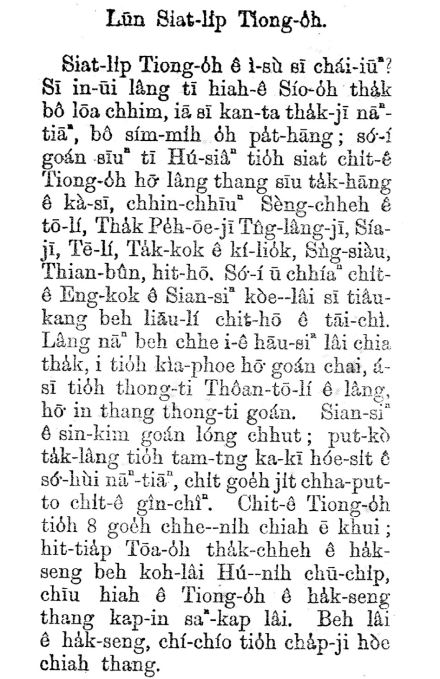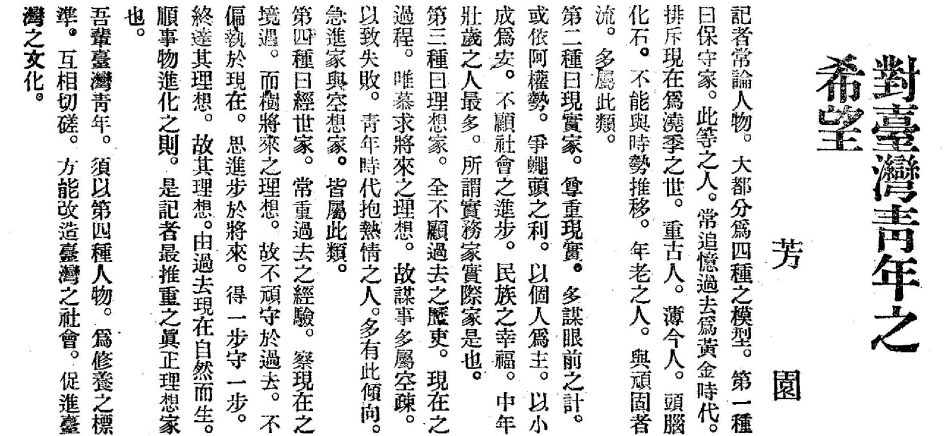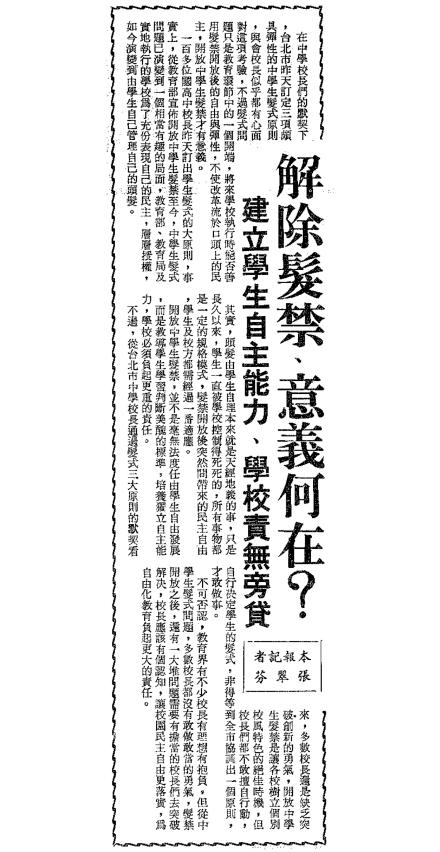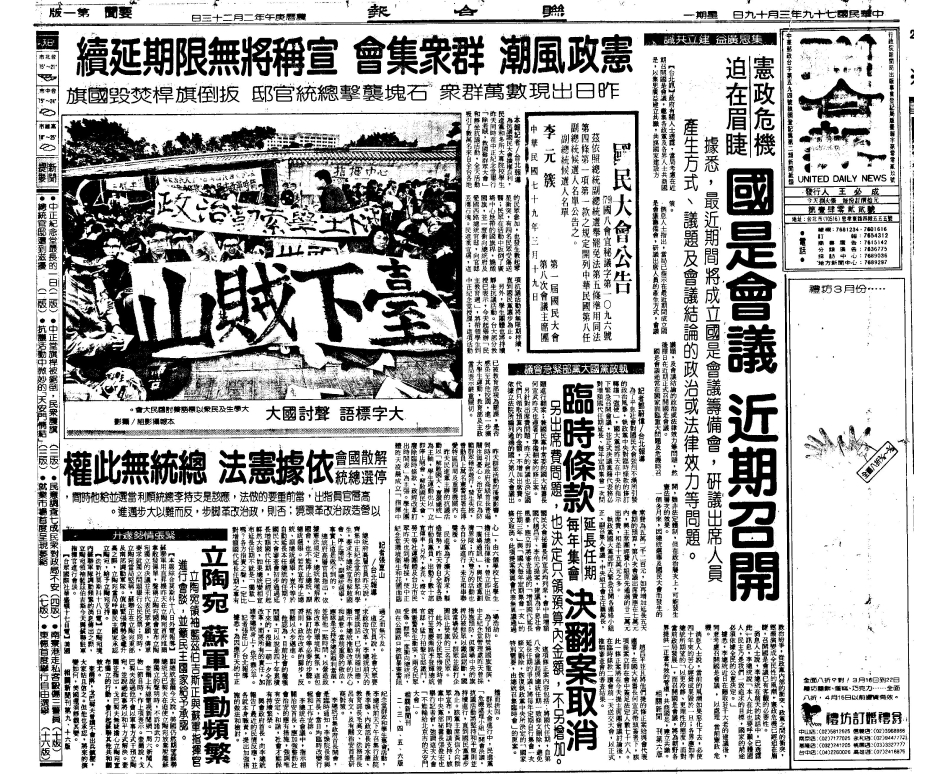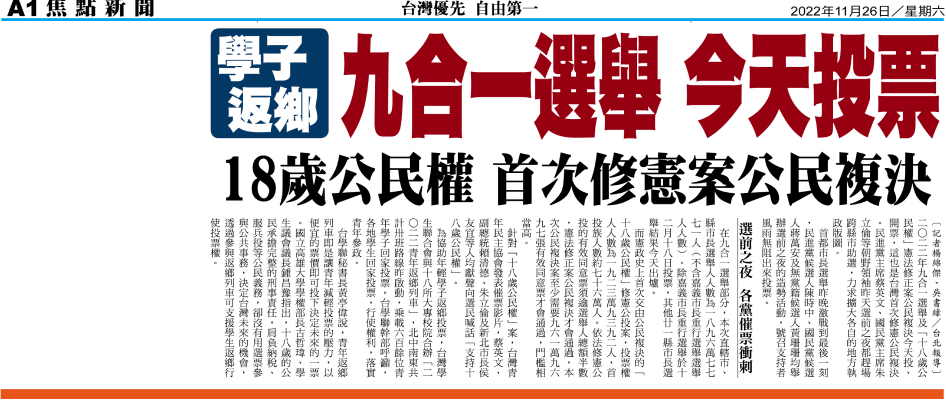The Pursuit of Our Democracy
Democracy in Taiwan is still young. After martial law were lifted in 1987, Taiwan started the first chapter of democratization. Before this milestone, though, cultural activists began to inquire, discuss, and push the boundary of political systems and social limits. They drove a series of political reforms, and created the democratic momentum in Taiwan. Loud street demonstrations and underlying movements have both moved us towards freedom and democracy. While political systems in Taiwan are young, we are motivated by common ambitions ahead.
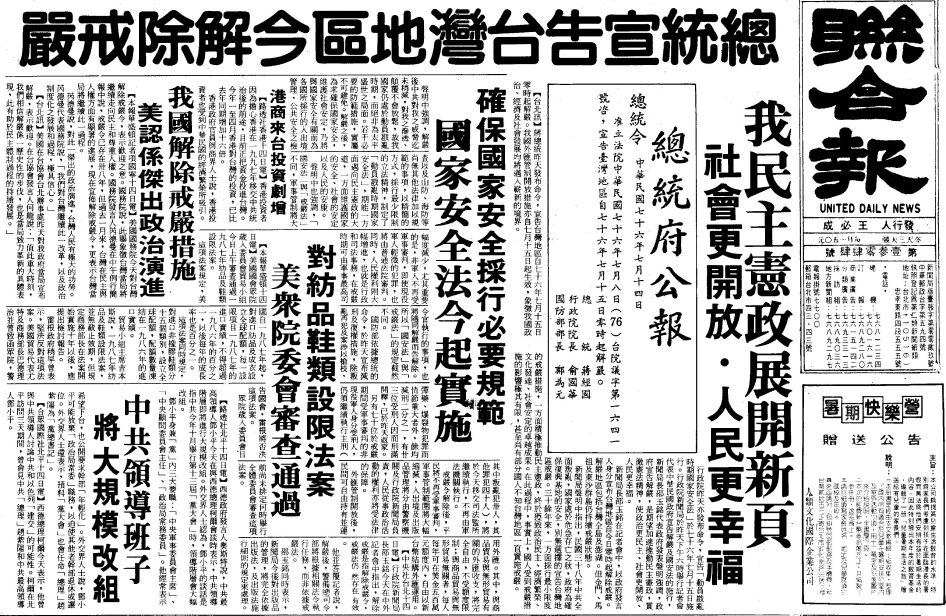
The Clamor of Collective Will
The Steps of Democracy. After the lifting of martial law in 1987, Taiwan officially entered the chapter of democratization. Looking globally, the transition from authoritarianism to democracy is never an easy journey; it is often accompanied by intense conflict and regret. What is worth celebrating is that Taiwan took relatively calm and stable steps towards democracy, achieving significant political reforms such as lifting martial law, amending the constitution, reforming the parliament, implementing direct presidential elections, and experiencing the first peaceful transfer of power between political parties. These achievements stem from the Taiwanese people's pursuit of democracy and freedom, and it is this steadfast commitment to these values that has allowed us to progress steadily forward.
From Desks to Streets. Reflecting on many of the key moments in Taiwan's democratic progress, it becomes clear that they began with explorations and disturbances within the cultural and artistic spheres, prompting social reflection, sparking widespread discussion, and even leading to action in the streets. A century ago, the Taiwan Cultural Association advocated for the establishment of a Taiwanese parliament, introducing new ideas through culture, liberating minds, and transforming lives. The lifting of martial law was not accomplished in an instant either; it was the result of accumulated discussions and challenges, beginning with freedoms related to personal appearance, language, and creative expression.
Every gathering in the streets, every convergence of diverse wills, symbolizes an opportunity for change.
